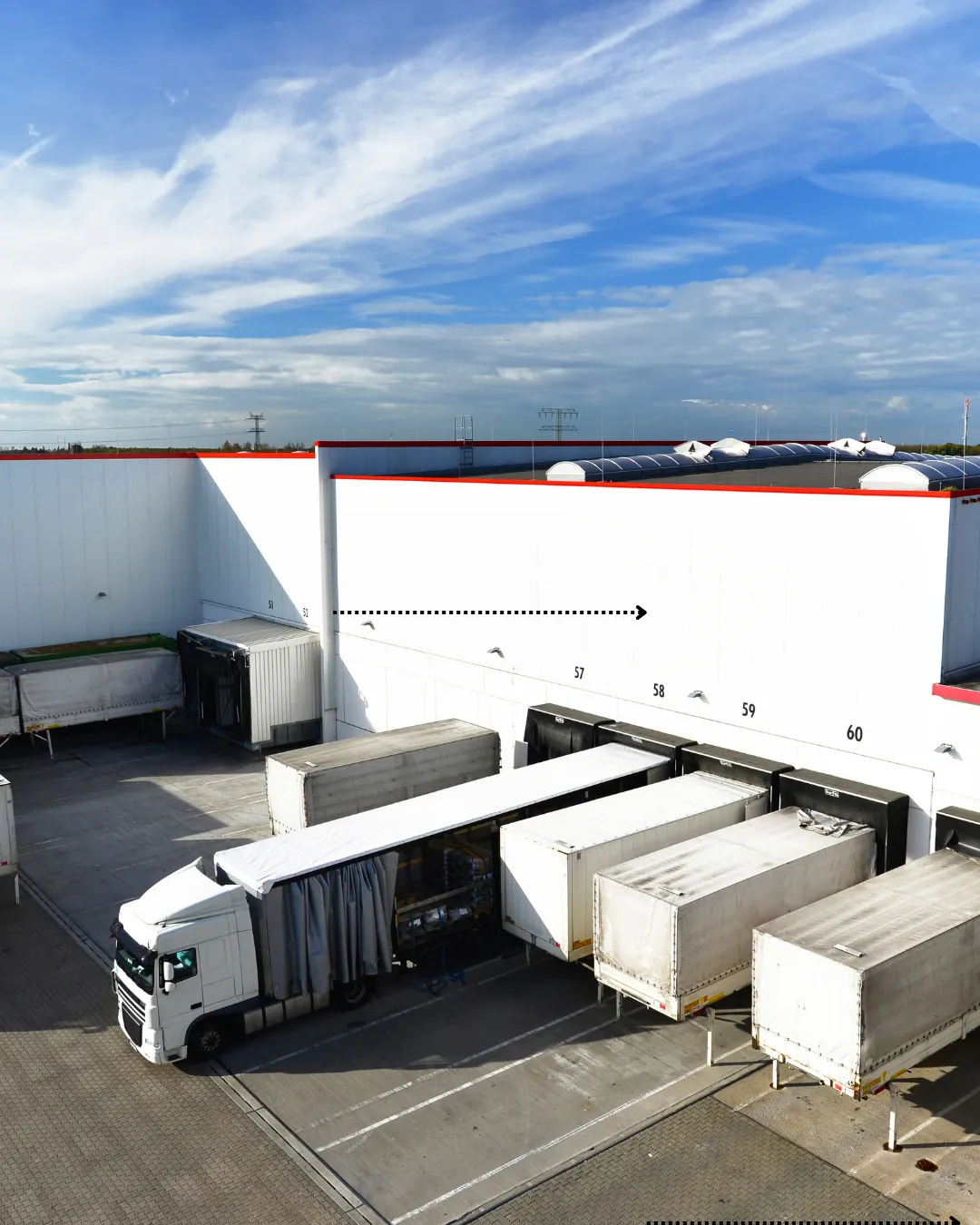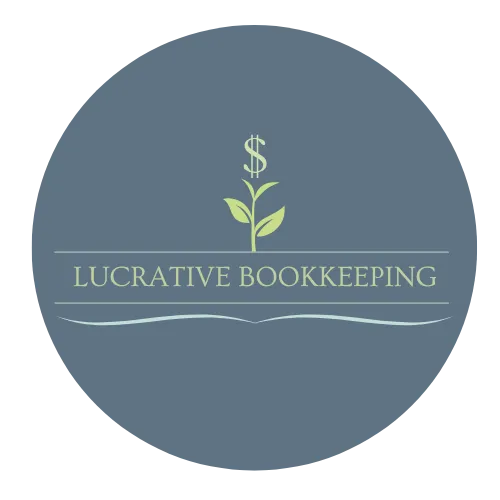Blog

Turn that company‐owned shop or warehouse into a tax advantage
Does your business own a shop or warehouse? Check to see if you might be able to turn that company‐owned shop or warehouse into a tax advantage!
If you own the building your business works out of and lease it to your own company, you can often set yourself up for substantial tax savings.
Here's an overview of how it works:
When owning a commercial property, the owner will often have to take out a mortgage to pay for it. Makes sense! Typically, when purchasing a commercial building, buying it under a separate LLC makes sense to create separate legal protections.
In these situations, it's not uncommon for a commercial property to result in a "loss" at the end of the year after including all rents received and expenses recorded. This often comes down to two key factors - interest and depreciation. All of your "interest" payments are immediately deductible, and you get to take depreciation on the entire purchase price - even though you're still paying for it!
However, when owning real estate, there can be a catch - it's something called passive losses. Typically, real estate losses will be considered "passive," which means they can't be used to offset your regular ordinary income, which you may get from your business.
But here's some good news - if you fit into the above category, you may be in luck! Treasury Reg. § 1.469-4 provides an illustration.
Here's a brief overview of how this situation can be treated to allow for a deduction of those real estate losses:
Group your rental with your business:
When your construction firm rents your building, the IRS lets you treat both as one "activity."
Your corporation will deduct the rent as an immediate expense, and your LLC owning the property will record this as rental income.
Calculate your net income for both activities:
In our example, we'll say the commercial property results in a loss of $30K after taking depreciation. Your construction firm profits $200K after all expenses are taken.
In this scenario, you could offset your $200K in profits with that $30K loss obtained from your commercial property, resulting in substantial tax savings!
Here's the catch: These situations and rules can get tricky - get with your accountant or tax professional to ensure you qualify. They'll ensure forms are filled out correctly and regulations followed - saving you significantly on your taxes!
Don't already have an accountant or tax preparer? Feel free to schedule a call to see if we'd be a good fit for you.


Lucrative Bookkeeping
(727) 291-8857
690 S Main St. #783
Safety Harbor, FL 34695
Copyright © 2025 Lucrative Bookkeeping




